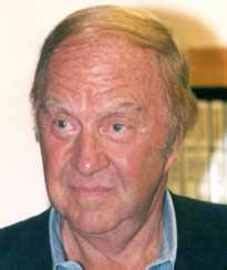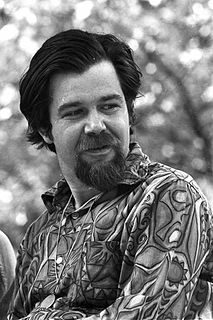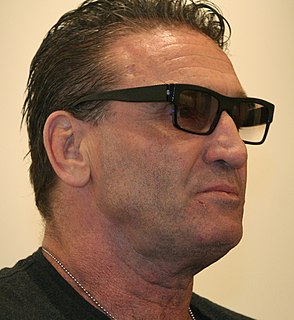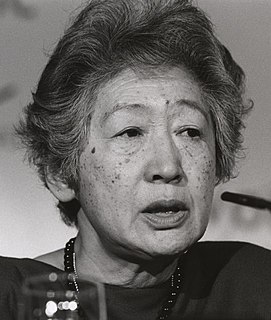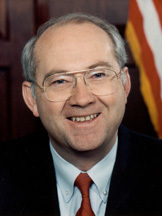A Quote by Brock Yates
The early 1970s was a time when illegal acts were in style. Everybody was going nuts with causes, most of them against the law.
Related Quotes
Everybody knows how to get prepared for an MMA fight. Everybody knows what the other person is going to do. Whereas when I did it, MMA was really style against style. Things you hadn't seen before, you'd see for the first time. People didn't know how to train properly for it, and the coaching wasn't there yet, either.
Japan's diplomatic efforts could have had a broader international perspective. Relations with the U.S. are, of course, the cornerstone of Japan's diplomacy, but the U.S. acts on its global strategy. For instance, Washington suddenly got closer to China in the early 1970s as part of its strategy against the Soviet Union.
Most codes extend their definitions of treason to acts not really against one's country. They do not distinguish between acts against the government, and acts against the oppressions of the government. The latter are virtues, yet have furnished more victims to the executioner than the former. Real treasons are rare; oppressions frequent. The unsuccessful strugglers against tyranny have been the chief martyrs of treason laws in all countries.
Thus these three amendments to the Constitution [13th, 14th, 15th] were ratified while the ten Southern states were under martial law, and "had no law at all." The Force Acts, the four Reconstruction Acts, and the Civil Rights Act were all passed by Congress while the Southern states were not allowed to hold free elections, and all voters were under close supervision by federal troops. Even Soviet Russia has never staged such mockeries of the election procedures.
Handwritten political posters - often composed in an artless and unadorned style, usually just words on plain white paper - were ubiquitous in South Korea in the 1970s and 1980s and were one of the few outlets available for expressing political views. Most posters were anonymous and put up under the cover of night.
In the early 1970s in Washington, a small group of young conservative activists came together to try and change American politics. They called themselves the New Right, and they were convinced that unless they did something drastic, the liberals and the left-wingers in America were going to take over the country.
